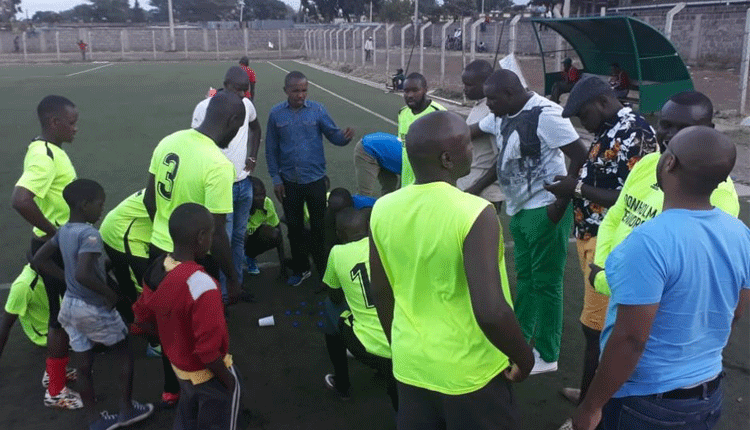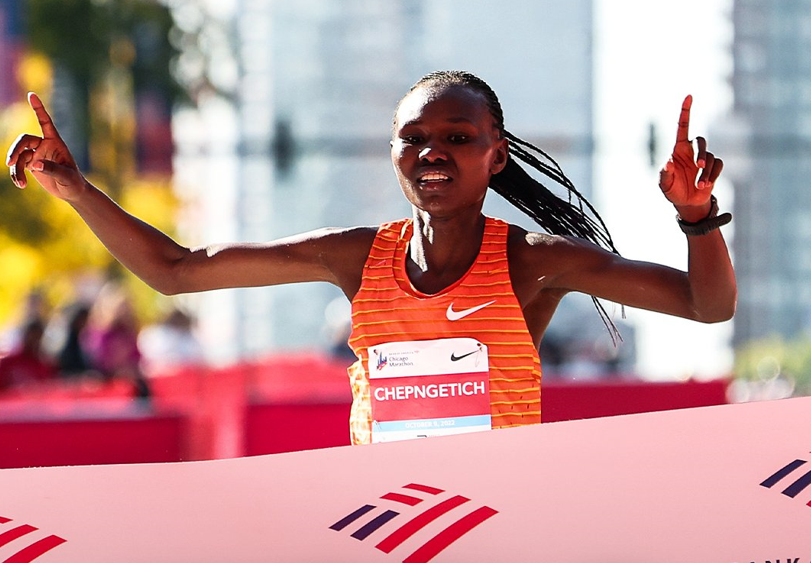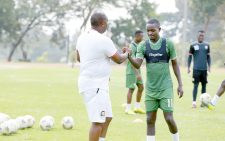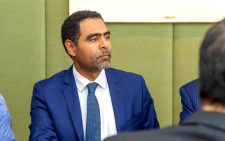How football keeps the elderly on toes

In the 2007-2008 post-election violence, thousands of people lost their lives, others were displaced, while some got their businesses looted.
To try mend the scars, a group of ex-footballers and like-minded men initiated a peace campaign in Nairobi’s Eastlands as a way of bringing back the faded love and peace among members of the community.
They thought football was the best tool to unite the community, and this is how Wazee Pamoja League (WPL) was formed.
At the start, they were just four football clubs, but have over the years grown to an average of 20 clubs.
“The idea was mooted while people were drinking away in local pubs within the estates in Eastlands when political temperatures had hit the country.
Eastlands was amongst the most affected areas by the post-election violence,” starts Kiarie Mwangi, chairman and one of the founders of WPL.
He adds, “What started as drinking sessions between different estates birthed an idea to first play football and through this, WPL was born.
We now have 20 football clubs and are looking up for continuous growth until we introduce the other league division.”
The name was inspired by the age limit for participating in this league which is strictly between the ages 35 to 65.
They also instigate vikao vya wazee sessions, where men would have a bonding session over social issues affecting the community.
The word wazee was also to differentiate the league from the many youth leagues being played around Eastlands.
Born, brought up, married and still living at Jericho estate in Eastlands, Mwangi says that sports has always been part of his lifestyle.
He grew up in a sports environment as both of his parents were in sports. At that time, Eastlands had Olympic youth centres and social halls in Pumwani, Kariokor and Jericho where men would gather with boys and mentor them.
“Boxing and football were the two main sports and I was lucky to grow up in a sporting family.
My father was a former boxer who became a coach, Kenya team manager and referee before being elected the secretary of Nairobi Amateur Boxing Association.
My mum was a shot put thrower for Kenya Commercial Bank. I was also fortunate to grow up around former team manager of Kenya Breweries Football Club (now Tusker FC), the late Joseph Nyamori who inspired many under-19 boys from the neighbourhood,” he says.
In 2007, SuperSport began live sports broadcast in Kenya and he got an opportunity to train as a production manager, a position that inducted him to the football community in Kenya and East Africa for the next 10 years.
The stadium environment became his office and working closely with federations, relevant government ministries and travelling around East Africa cemented his love affair with football.
As Mwangi tells, football remains the glue that fuels conversations in WPL. However, they have also ventured into other programmes to promote the wellness of its members who are past their youth and some are also at the age of retirement.
“We have Non-Communicable Diseases (NCD) conversation. In 2015/2016 Kenya Cancer Organisation (Kenco) reached out to WPL fraternity for their “relay for life” cancer events and used WPL platform for advocacy and awareness sessions in Eastlands.
Currently, WPL is in communication with Non-Communicable Disease Alliance of Kenya on possible areas of partnership and collaborations around diabetes, cancer and hypertension, all rampant in the 35-65 years age group.
During the early years of WPL, membership used to have annual corporate social responsibility programmes within the community.
We engaged in sanitary pads provision and bills payment for mothers at Pumwani Maternity Hospital,” Mwangi says.
As a non-profit, WPL is dependent on club annual registration which caters mostly for end year trophy presentation and other themed events in between the year.
The league is run by clubs through member contributions which help pay for the grounds, referees and also bonding lunch and drinks after the football match.
Occasionally, WPL at the club level gets sponsorships which enable programme sustainability.
The league runs from February to November and a league trophy presentation in December.
However, Mwangi says they have been facing various challenges in running the organisation, like the stagnation of its expansion from Eastlands to other regions within Nairobi and to other counties.
“The expansion has stagnated by lack of corporate sponsorship, brand management and inconsistent club participation.
The WPL has not been able to attract women sports enthusiasts within the geographical areas within the clubs. Fashioned as a “men-only” affair limits gender participation, yet WPL mission cuts across gender. Gender equity is part of overall organisational growth,” he says.
He also says competition for limited playing grounds with the many youth leagues punctures the drive and synergy of “wazee” football time.
“This in turn leads to league apathy. There’s also the “invasion” of the league by youth who are unable to get play time at their youth leagues.
This brings into conflict the set rules of over 35 year olds and still inspires sympathy for the youth who would otherwise find solace on drugs, substance and alcohol,” he adds.
In their aspirations, Kiarie says the WPL looks to play a key role in the NCD space on preventative measures using sports, having a themed monthly WPL sponsored football event around emerging social issues.
The league is also seeking corporate sponsorship that would enable them to grow their vision within the community.











